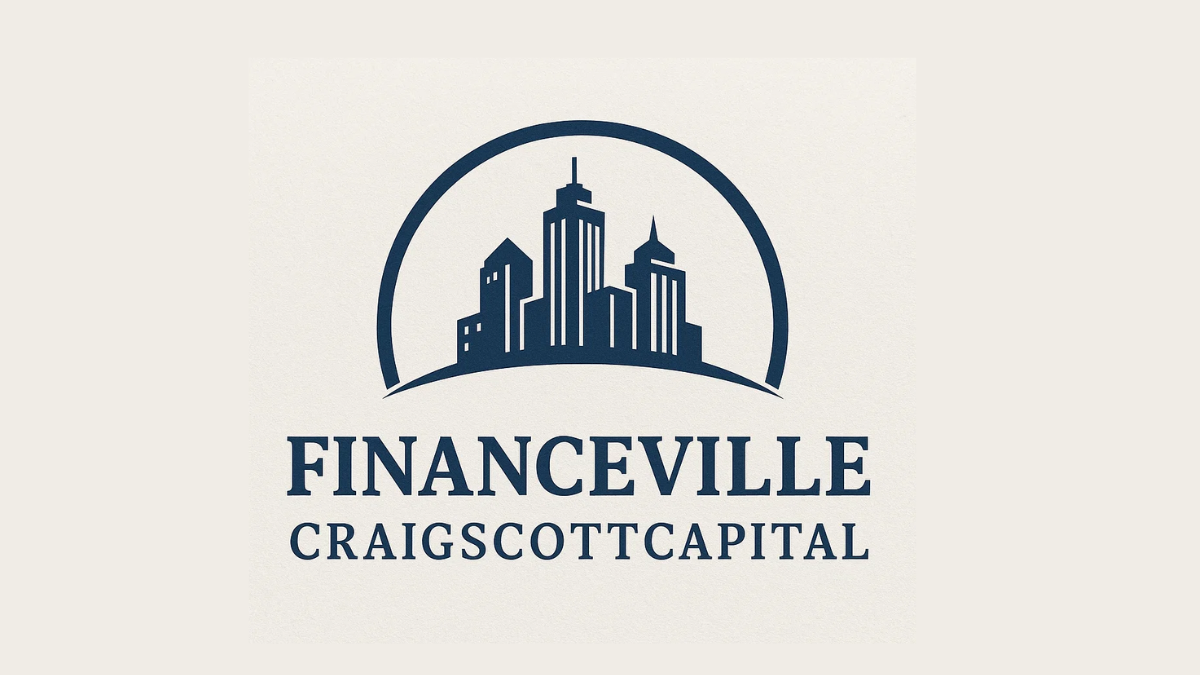Business loans are a savior when dealing with financial crises or unexpected events. You might need some funds to finance the payroll or purchase of machines or other key assets that streamline operations. Regardless of your reasons, you must beat certain business loan eligibility criteria to qualify.
The amount you qualify for is determined by the lender’s specific rules and the standard loan qualifications, such as a good credit score. So, to increase your chances of getting a business loan, certain factors must be remembered.
From securing working capital to fueling business growth, here is how to meet the common business loan requirement for a successful loan application process.
Tips to Qualifying for Business Loans
1. Build a Good Credit Score
A good business credit score is one of the main requirements for long-term business loan approval. This is understandable, considering that lenders are also businesses and would want to minimize risks. A good credit score tells a lot about your credit history and demonstrates your capability of repaying debts.
There’s no standard credit score that you must meet to qualify for a loan. The lender determines the score based on their criteria, which most require between 300 and 850 FICO Scores. A score under 580 is usually considered bad, while anything above 670 is good credit. Ideally, the higher the risk, the higher the credit score requirement.
To improve your credit score and, ultimately, your chances of securing a loan, always make your loan payments on time, have separate business and personal accounts, and check your credit rating and find ways to improve it.
2. Have a Good Cash Flow
The business’s cash flow reflects how much money comes in and out of the business. Many lenders look for good or positive cash flow as it shows that your business is profitable enough to cover the loan. To do this, they review various financial documents, including balance sheets and profit & loss statements, to check monthly or yearly revenue. If they are impressed with how the business manages cash, you have better chances of qualifying for the loan.
Your business must have a positive cash flow and accurate financial records. So, regularly review your cashflow management practices and audit the financial records to make sure they are accurate and strong enough to land you a business loan.
3. Have an Impressive Debt-to-Income Ratio (DTI) and Debt-service Coverage Ratio
Lenders rely on the DTI to measure creditworthiness. It is a ratio that compares the business’ monthly debt payment against its monthly revenue. So, if your DTI is 20%, 20% of your monthly gross income is used to cover monthly debt servicing. The percentage is used to determine the borrowing risk. A higher ratio is not good as it suggests that most of the income is used to pay existing debts each month.
Some businesses also use the Debt-service Coverage Ratio (DSCR) tool to determine their creditworthiness. The DSCR is determined by dividing the net operating income by total debt service. Basically, it measures whether the business can generate enough cash to meet its debt repayment obligations.
A DSCR below 1 is considered negative as it shows an inability to pay off current or new loans. Most lenders require a minimum of 1.2 DSCR, so ensure your business has a positive cash flow to reflect a DSCR of 1 or higher.
4. Have Collateral and Choose a Recognized Industry
Secured business loans attract lower interest, unlike unsecured loans, but they require collateral in the form of property or assets valuable to the company. The idea behind collaterals is to safeguard lenders by allowing forfeiture and sale of the collateral to recover the finance if the borrower defaults on a loan.
If you have a poor credit score, having collateral can give you access to otherwise impossible loans. Usually, the value of the collateral directly determines how much you qualify for; the higher it is, the larger the loan.
Even with collateral, you must prove that the business is legal and recognized. Getting loans for specific companies, including gambling, is hard even if you have collateral.
5. Develop a Solid Business Plan
Lenders are more lenient to businesses operating for over six months and have good financial standing. A solid business plan is a great asset for certain businesses, like startups, who don’t meet this requirement. Lenders will require the business plan to check critical factors like your financial projections, intended use of the funds, and the industry outlook to determine if you qualify for a loan and how much.
As you craft the business plan, ensure it is detailed, especially on how the funds will be spent, and at least a 5-year forecast demonstrating a positive cash flow.
Conclusion
A business loan can help you meet your obligations and navigate a financial crisis that could hurt your business. With the help of these valuable insights, getting a business loan should be stress-free, provided you meet eligibility requirements.
Before applying for a loan, take your time to get all the necessary documents to substantiate your eligibility and creditworthiness. Take your time getting things done, as it often leads to mistakes. Also, avoid making substantial changes in the business immediately before applying for a loan, as it could affect your qualifications.










